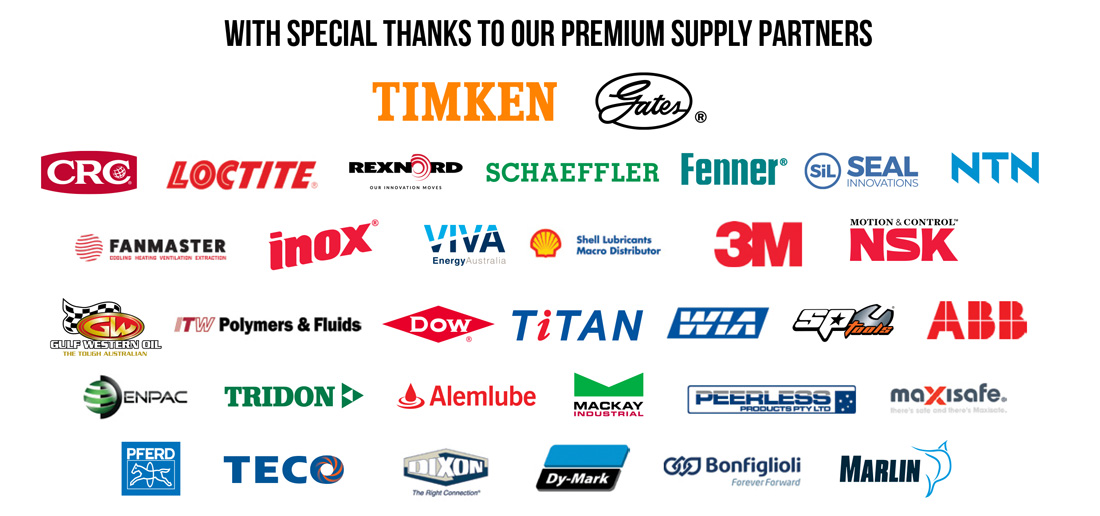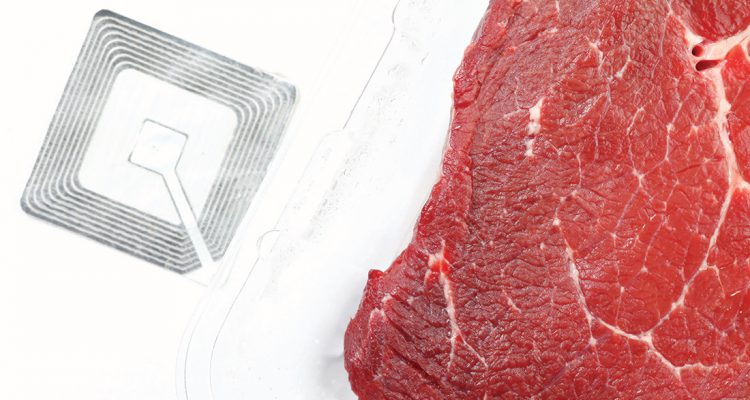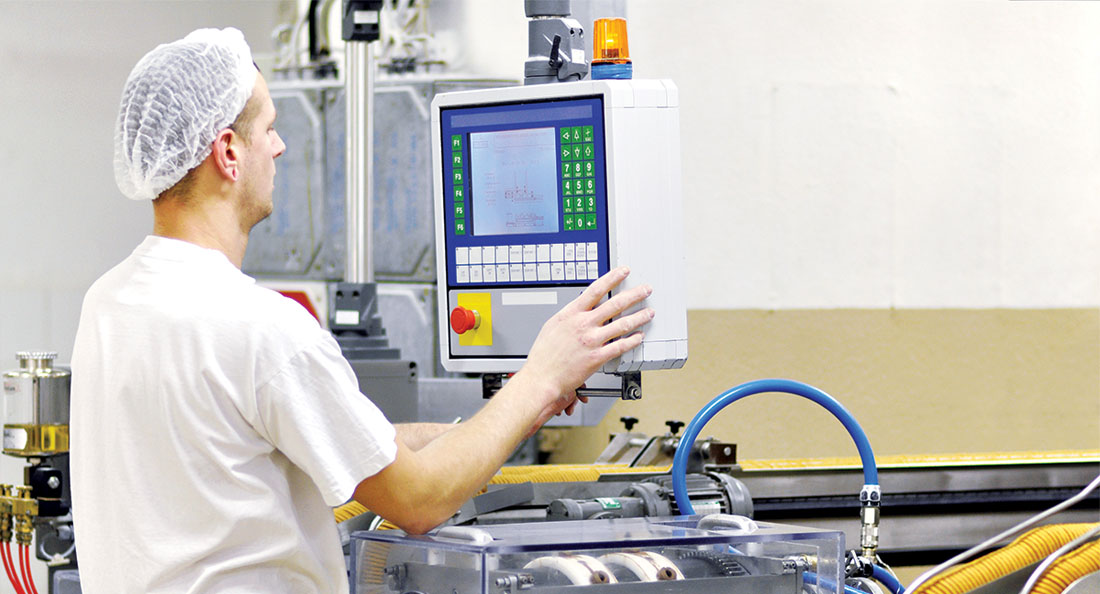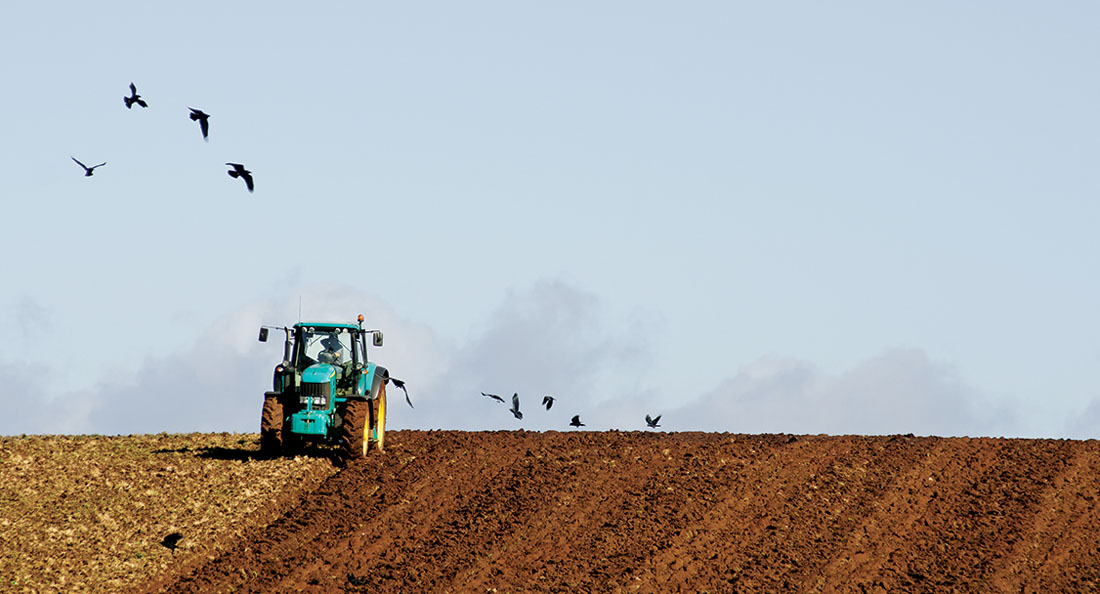What operational size justifies an investment in radio frequency identification (RFID) technology in a Paddock to Plate business? When prompted with this question, industry expert John Meaney reversed it back, instead asking readers, when isn’t it the right size to adopt an RFID solution?
“I believe businesses in the Paddock to Plate supply chain can’t afford not to invest in this technology,” reasons John, who is the National Sales Manager for Inventory Control Systems (ICS). “The upfront investment is incredibly low compared with the benefits that are going to be delivered. And we’re not just talking initial cost reduction, we’re talking long term productivity gains and cost reductions that are generated by these systems.”
Essentially, RFID provides a cost-effective means of tracking items. In the context of the food industry at large, tracking is two-fold says Zac Gray, Motion Asia Pacific’s Manager for Marketing – Digital Business Programs and eCommerce.
“You’ve got tracking of non-food related objects, which involves the storeroom, inventory levels, critical spares and asset control, and then you’ve got the tracking of the produce itself,” he points out. “One of the main operational perspectives of the former is reduced labour costs, lower product usage, reduced durable asset losses and, of course, asset control is a major one.”
On the produce side, RFID can provide complete visibility across the whole product life – literally from the paddock to the plate – seamlessly linking information from one business to another.
“There’s the transactional base, which involves the delivery and logistics, which has a very strong application for RFID. For example, you can track a beef cow moving from the abattoir to the butchery, and into packaging, refrigeration and transport, with full visibility of the product through every step,” explains John. “But then there’s also the benefit of embedding RFID tags with programmable information about the stock. You could include information about where the cow came from, when it was culled, its temperature during transportation and any other relevant information in the tag itself.”
Zac also remarked that the use of an RFID solution improves batch tracking capabilities, which are essential for product recalls.
“Bioterrorism is a real risk. The incident with the needles in the strawberries is a prime example,” he warns. “The ability to quickly isolate and track affected batches through RFID technology is a far more accurate and seamless process compared with a manual process when performing a recall.”
On the side of non-produce tracking, RFID can bring significant operational benefits.
“In line with access control, there will be reduced usage and consumption of consumables and tooling, as well as more responsible use,” notes John. “If you need to respond to an event and locate a particular machine spare part in real time, you can quickly do that through RFID tracking. Additionally, if you were doing stock counts in a warehouse, you could do that automatically with an RFID system rather than scanning hundreds of products by hand, paying for manual labour to do so and shutting down the warehouse for the duration of the stock count.”
John further acknowledges that small to medium enterprises can get the same automation capabilities of a large corporate with just a moderate investment. Moreover, he says priorities have changed in light of the pandemic and that investing in an RFID system is not just seen as financially viable, but necessary for paddock to plate businesses.
“Businesses in this sector have experienced firsthand the impact of what relying on human interaction or working with social distancing constraints can have on their operations,” he states. “Therefore, the investment is fully justifiable – not just because of being able to operate in a pandemic – but because of the costs and capabilities you generate from implementing these systems.”
For businesses interested in adopting RFID technologies, Zac said that BSC worked together with ICS and the Cribmaster inventory systems to provide bespoke solutions.
“It’s not a ‘one size fits all’ approach – each solution is custom designed to suit a business’s individual requirements.”




